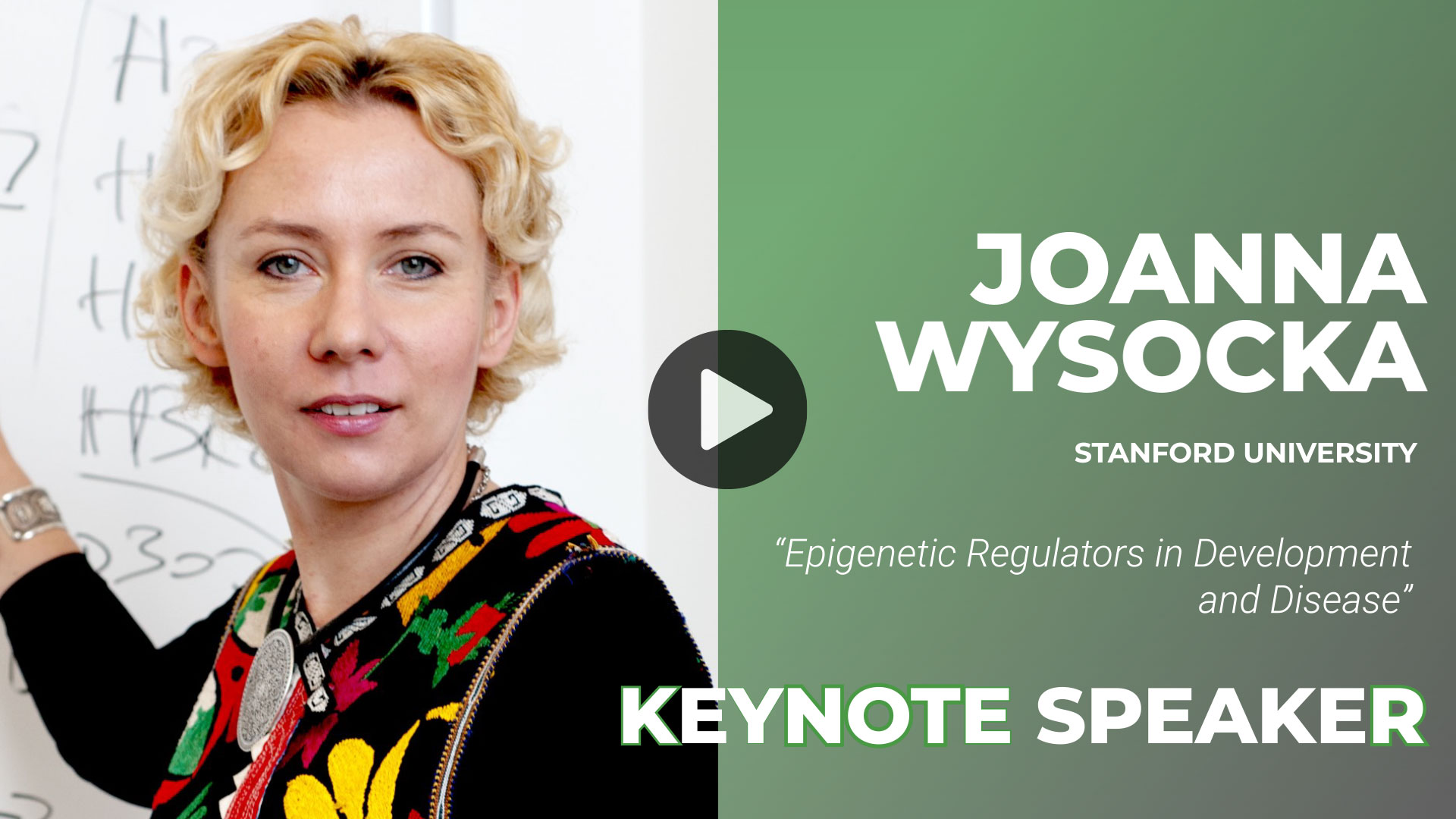Mar 02–05, 2026 | Crowne Plaza Geneva, Geneva, Switzerland
Scientific Organizers:
Karim-Jean Armache and Cigall Kadoch

-
Scientific Organizers: Karim-Jean Armache and Cigall Kadoch
Karim-Jean Armache, PhD
New York University Grossman School of Medicine
Cigall Kadoch, PhD
Dana-Farber Cancer Institute, Harvard Medical School
Important Deadlines
Meeting Summary
Remaining registration is limited. Register today to join colleagues exploring emerging mechanisms and therapeutic directions shaping this rapidly evolving field.
Over the past decade, research has revealed that disrupted chromatin and gene regulation play central roles in diseases ranging from cancer to immune and neurodevelopmental disorders. While these discoveries have driven new therapeutic strategies, translation has been slow due to limited understanding of how epigenetic factors connect to gene expression and cellular function.
This meeting will bring together academic and industry experts to bridge that gap, focusing on disease-related chromatin and gene regulatory mechanisms. Key topics include catalytic vs. non-catalytic functions of chromatin modifiers, structured and disordered regions, and the interplay of chromatin factors with broader cellular networks. By linking large-scale genetic and chromatin profiling and proteomics efforts with biochemical, biophysical, structural, and sequence-based functional studies, the program aims to deepen mechanistic insight and inspire new therapeutic approaches.
By convening a diverse, interdisciplinary community, this meeting will foster collaboration, spark novel discussions, and accelerate translation of epigenetic research into innovative treatments.
In the video below, Dr. Karim-Jean Armache from New York University Grossman School of Medicine and Dr. Cigall Kadoch from Dana-Farber Cancer Institute, Harvard Medical School, talk about what to expect from this meeting and why you should attend:
Additionally, check out some speaker highlights:
Unique Career Development Opportunities
This meeting will feature a Career Roundtable where trainees and early-career investigators will have the opportunity to interact with field leaders from across academic and industry sectors for essential career development advice and networking opportunities. Find out more about Career Roundtables here: https://www.keystonesymposia.org/diversity/career-development-initiatives
SPECIAL RECOGNITION:
KEYSTONE SYMPOSIA THANKS OUR MEETING EXHIBITOR(S):
KEYSTONE SYMPOSIA THANKS THESE DONOR(S) FOR GENEROUSLY SUPPORTING THIS MEETING:
THESE COMPANIES HAVE GENEROUSLY AGREED TO COVER THE EXPENSES OF THEIR EMPLOYEES WHO ARE SPEAKING AT THIS MEETING:
GRANT RECOGNITION:
KEYSTONE SYMPOSIA THANKS OUR GIFT-IN-KIND MEDIA SPONSORS
Subscribe for Updates

